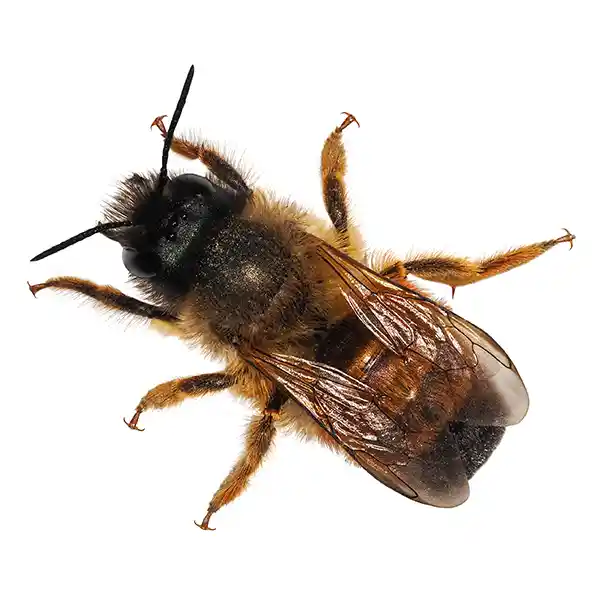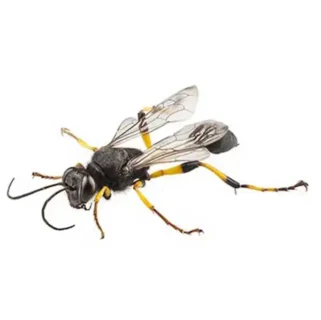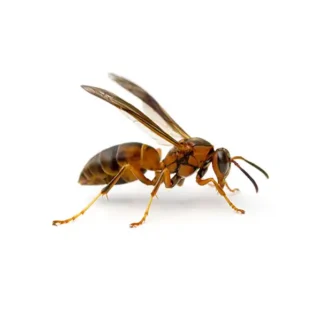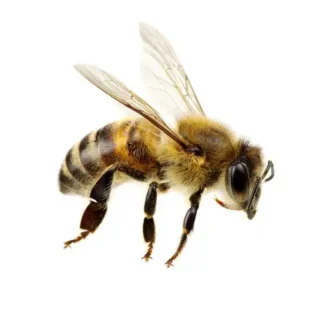Solitary Ground Bees in Jacksonville, FL
Solitary ground bees are commonly found in Jacksonville, FL, thanks to its ideal environment for species like mining bees (Andrena sp.) and sweat bees (Halictidae family). These bees prefer sandy or well-drained soils, which are abundant in the area. Their presence indicates a healthy, thriving ecosystem, but they can also become a nuisance around your home.
Solitary Ground Bee Habitat
Residential lawns, parks, and natural spaces are common nesting spots for solitary ground bees. They favor sunny, south-facing slopes and areas with minimal vegetation. These locations provide the perfect conditions for females to dig burrows and lay their eggs. If you see small soil mounds in your yard during early spring, they’re likely the nests of these bees, so there’s no need to worry.
Solitary Ground Bee Behaviors, Threats, or Dangers
Solitary ground bees are calm by nature and only sting when provoked. Females are capable of stinging but are less defensive than honey bees or yellow jackets due to their lack of a colony. Their primary focus is foraging and nesting, making them uninterested in human activity. Males are harmless as they cannot sting at all.
Reach out to your local bee pest control specialists if you notice signs of solitary ground bees.





